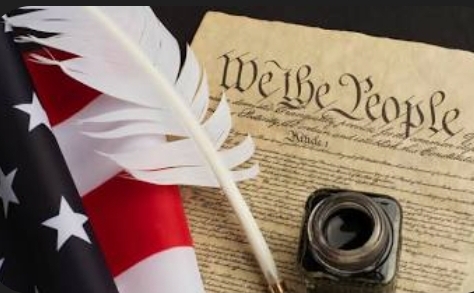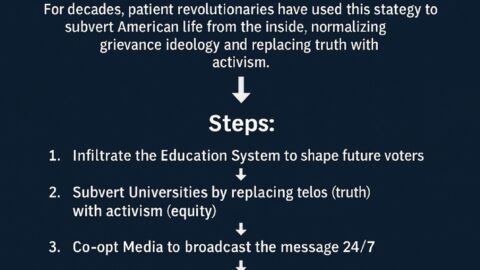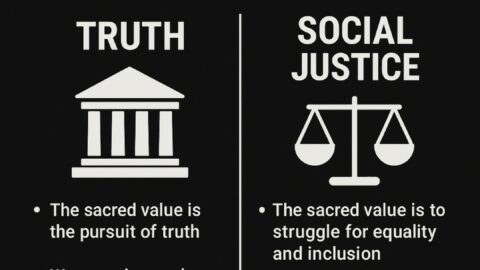Patrick Henry opposed the U.S. Constitution and refused to sign it for several key reasons. As a strong advocate for individual liberties and states’ rights, he feared that the new Constitution would create a central government too powerful and would eventually erode the freedoms fought for during the American Revolution. Here are his main concerns:
Fear of a Powerful Federal Government
Henry was deeply suspicious of a strong national government, believing it would lead to tyranny. He famously declared, “I smell a rat!” when discussing the Constitutional Convention. He feared that the new government would trample on the rights of states and individuals.
Lack of a Bill of Rights
One of Henry’s biggest objections was that the original Constitution did not include a Bill of Rights to protect individual liberties. He believed that without explicitly guaranteeing rights like freedom of speech, religion, and trial by jury, the government could easily become oppressive.
Threat to State Sovereignty
Henry was a strong advocate for state power and believed the Constitution gave too much authority to the federal government at the expense of the states. He feared states would become subservient to a distant, centralized power.
Fear of an All-Powerful Executive
Henry saw the presidency as too close to a monarchy. Having fought against King George III, he worried that a strong executive branch could lead to another form of dictatorship.
Taxation and Standing Army Concerns
- He opposed the broad taxation powers given to Congress, fearing it would burden the people.
- He worried about a permanent standing army, believing it could be used to oppress the people.
Concern Over the “We the People” Preamble
Henry disliked that the Constitution started with “We the People” instead of “We the States.” He believed it undermined state sovereignty by implying a direct national government rather than a confederation of states.
Outcome of His Opposition
Although Henry could not prevent the Constitution’s ratification, his concerns led to the creation of the Bill of Rights in 1791, which addressed many of his fears. His opposition played a crucial role in securing individual liberties against federal overreach.







